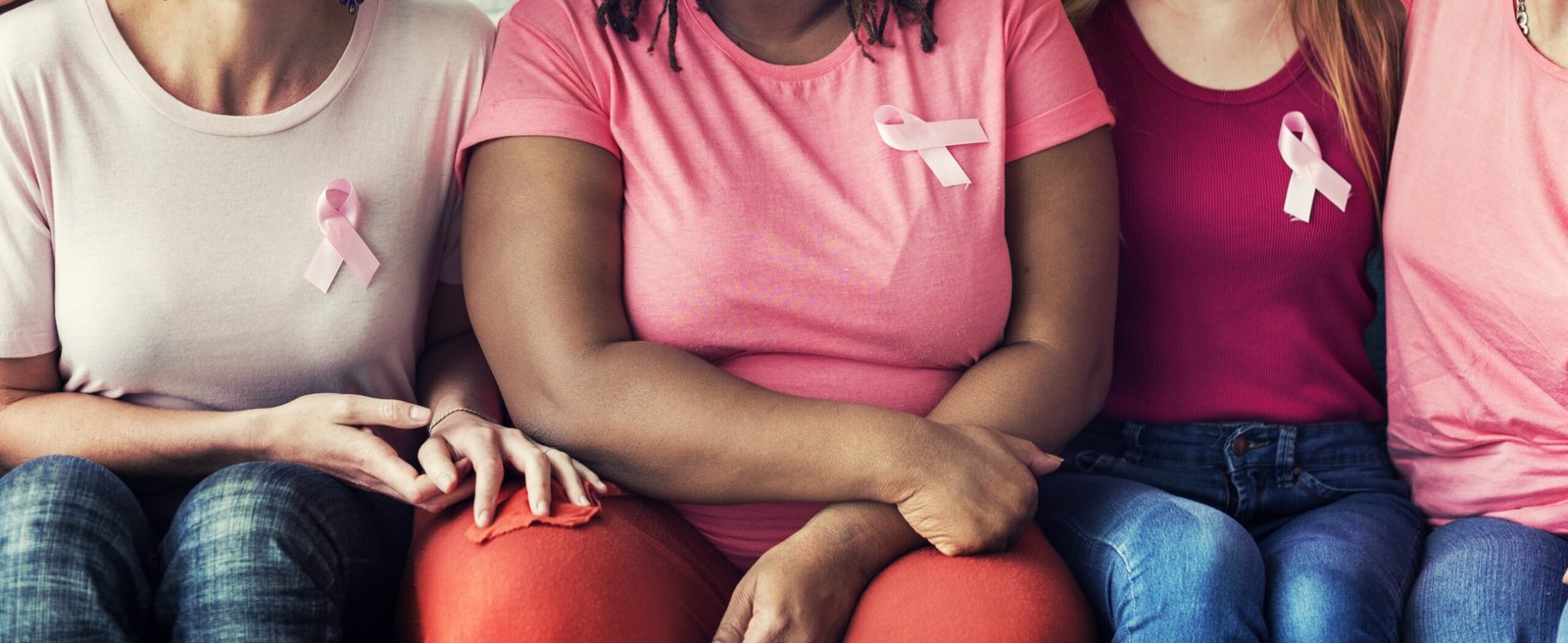NASSAU, BAHAMAS — Breast cancer rates in The Bahamas remain elevated, according to doctors at the Family Medicine Center (FMC), who estimated over 300 women are being diagnosed annually.
The data on breast cancer in the country has prompted local healthcare practitioners to encourage women to get their screenings by as early as 30 years old if they are predisposed. It is recommended that others start screenings at the age of 40 compared to the United States where the recommended age is 50.
The Bahamas has the highest prevalence of the inherited breast cancer gene or BRCA1 globally which increases a person’s vulnerability to the disease, according to FMC officials, and 48 percent of diagnosed women are under the age of 50.
Family physician, Dr. Tonya Roker-Davis says that although the numbers have been virtually consistent over the past few years, doctors are concerned about the trend in younger women.
“Increasing age is a huge risk factor for breast cancers here in the Bahamas, but we see a lot of younger women being diagnosed with breast cancers and a lot of it is hereditary.
“Just because you don’t have that gene. Remember, now, the gene, especially in our population, has resulted in women presenting earlier or younger in age with breast cancer.
“That doesn’t mean that, because I don’t have the gene, I can’t get breast cancer. You still can, but it may not be related to that particular gene or the mutation of that gene” she said.
Roker-Davis encourages women young and old to do self-examinations, annual physicals, and screening if necessary.
“Screening definitely is key and want you to forget or neglect examining your breasts yourselves at home,” she said.
“A large number of women have presented to their health care provider because they felt a lump or something simply didn’t look right or feel right in the breast, and then we were able to get the necessary screening and imaging done to prevent cancer.”
Advancement in breast cancer screening technology over the past several years has also aided in earlier detection.
FMC Radiology Supervisor, Dr. Melanie Obregon says nowadays there are more accurate and precise screening tools with less radiation like their 3D mammogram.
She compares it to the traditional 2D machine which would require more pressure on the breast to produce four images. On the other hand, 3D scans produce between 30 and 300 pictures in total and are less painful.
“We don’t have to compress as much,” Obregon said.
“So the compression basically is based upon the thickness of the breast and it’s done on a touch sort of perimeter; but just to give you an average with an older 2D machine, we have to compress quite flat to spread out the breast tissue, to be able to see straight through, to hopefully be able to see everything that’s hiding inside.
“With a 3D machine, we don’t have to press as much because we get multiple images almost every millimeter or two millimeters as it goes through the entire breast tissue.
“So we get to see the outside of the skin, the pores on the skin, the hairs on the skin straight through; right, right down to the other side of the breast. So it minimizes anything that might have been missed with the older 2D machine” the radiologist said.
The Family Medicine Center will be having screenings all month and in support of early screenings, Roker-Davis says prevention is better than cure.
“We’re picking up on the disease process earlier,” she continued.
“So hence, again, why the screening and you know, going all out for breast cancer month. The recommended age for screening for women is 40 years of age and it is hoped that we actually pick up these cancers before the patient feels, experiences, signs, and symptoms or be feel or before your physician actually feels a lump in the breast.”
The family medicine physician added that although they have not found out any definite causes for cancer and how to 100% avoid it, holistic practices always help.
“Healthy lifestyle plays a role in any disease entity, any disease process; you always want to be healthy and the healthy you are, the more prepared you are to fight whatever disease comes your way.
“So we always encourage, first and foremost, a healthy diet, exercise, drinking lots of water. Those are the basic necessities, are the foundation for privacy, for preventing any disease process,” Roker-Davis added.






